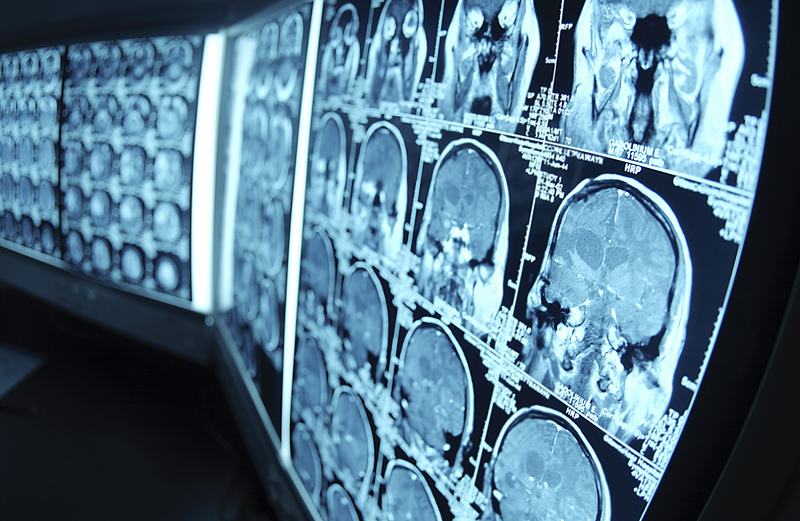THURSDAY, Dec. 8, 2016 (HealthDay News) — Higher blood levels of a specific heart disease protein are associated with brain damage, a new study suggests.
N-terminal Pro-B-type natriuretic peptide (NT-proBNP) is a protein released into the blood in response to heart wall stress. Blood levels of NT-proBNP rise when heart failure worsens and fall when it gets better.
Previous research has found a link between heart disease and brain disease, but the role of NT-proBNP was unclear.
Researchers in the Netherlands looked at nearly 2,400 middle-aged and elderly heart disease patients without dementia and found a clear association between blood levels of NT-proBNP and brain damage detected on MRIs. But the study did not prove that higher levels of this protein actually caused brain damage.
The study was published online Dec. 7 in the journal Radiology.
“We found that higher serum levels of NT-proBNP were associated with smaller brain volumes, in particular with smaller gray matter volume, and with poorer organization of the brain’s white matter,” lead author Dr. Meike Vernooij said in a journal news release. She’s a neuroradiologist at Erasmus MC University Medical Center in Rotterdam.
Damage to the heart and brain often occur before any signs or symptoms of disease become apparent. A blood marker that can reveal early-stage heart and brain diseases could lead to earlier treatment and lifestyle changes, and possibly slow or even reverse the disease, the study authors noted.
They said further research is needed to learn more about NT-proBNP and the link between heart and brain disease.
More information
The U.S. National Heart, Lung, and Blood Institute offers a guide to a healthy heart.
Copyright © 2026 HealthDay. All rights reserved.

